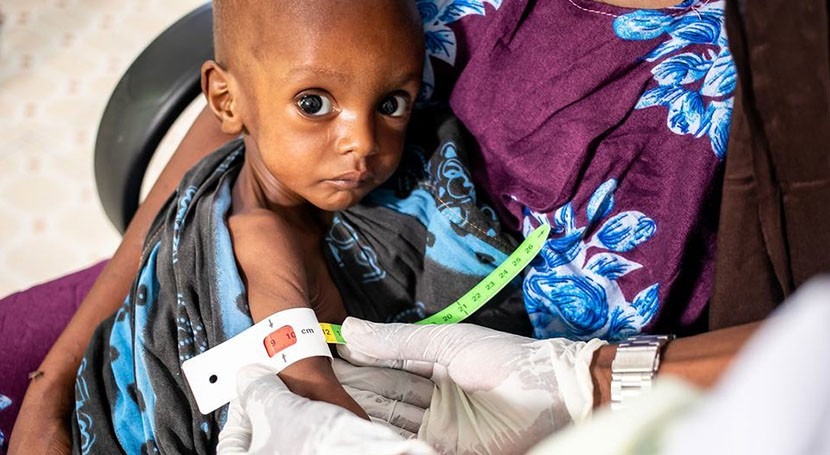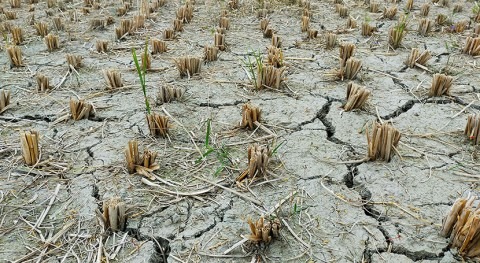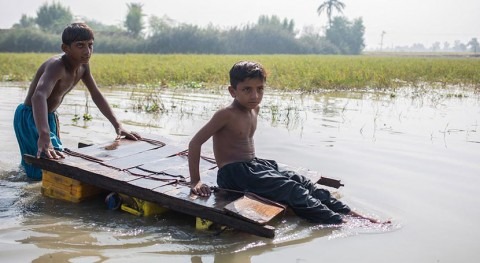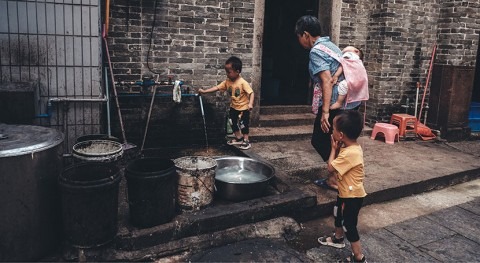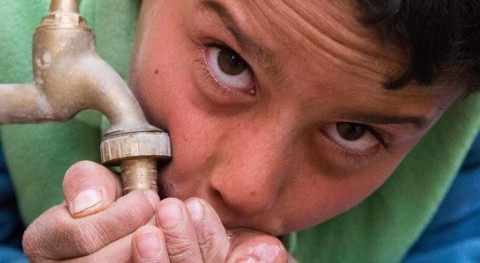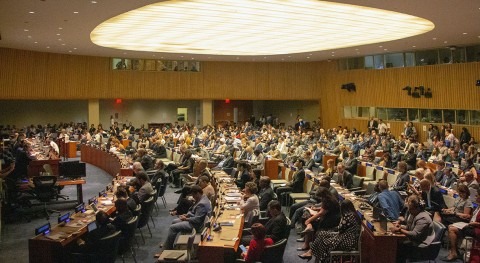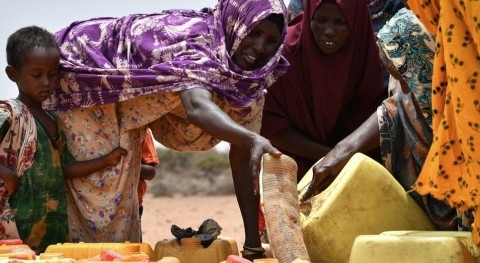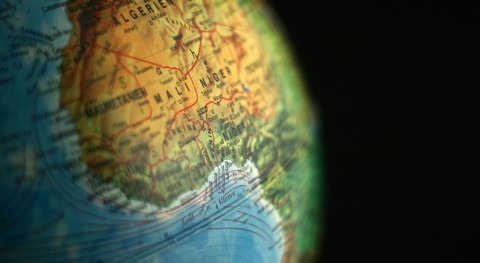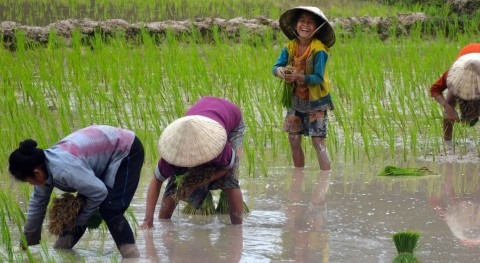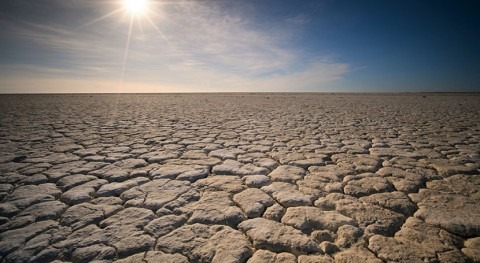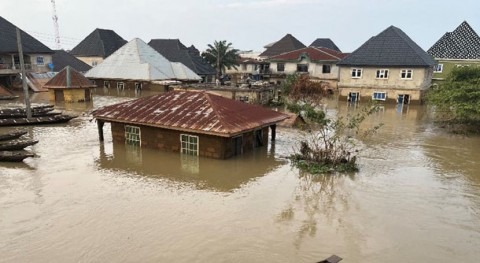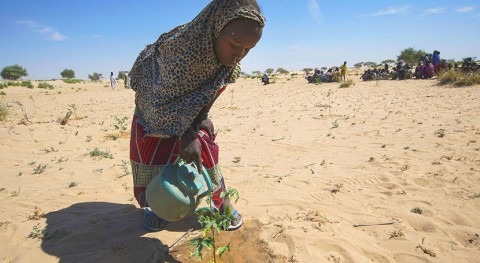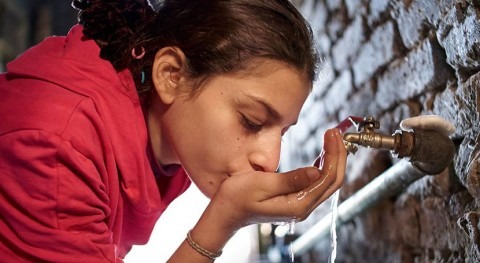Speaking from Geneva, Tedros Adhanom Ghebreyesus said drought, conflict, climate change and increasing prices for food, fuel and fertilizer, are all contributing to lack of access to sufficient food.
The countries affected are Djibouti, Ethiopia, Kenya, Somalia, South Sudan, Sudan and Uganda.
"Hunger and malnutrition pose a direct threat to health, but they also weaken the body’s defenses, and open the door to diseases including pneumonia, measles and cholera," he explained.
Tedros said the crisis is forcing some people to choose between paying for food and healthcare, Many are migrating in search of food, which can put them at increased risk of disease.
WHO has provided more than $16 million from an emergency fund to address needs, but more support is required.
The agency is appealing for $123.7 million which will be used to prevent and control outbreaks, treat malnutrition, and provide essential health services as well as medicines.
Appeal for Tigray
Tedros said the drought is compounding the “man-made catastrophe” in the Tigray region of northern Ethiopian, where war has raged for nearly two years.
Some six million people are under siege by Ethiopian and Eritrean forces, he said, “sealed off from the outside world, with no telecommunications, no banking services and very limited electricity and fuel.”
As a result, they are facing multiple outbreaks of malaria, anthrax, cholera, diarrhea and other diseases.
“This unimaginable cruelty must end. The only solution is peace,” said Tedros.
At the end of the briefing, he appealed for greater global attention to the situation in Tigray.
“I can tell you that the humanitarian crisis in Tigray is more than (in) Ukraine, without any exaggeration. And I said it many months ago, maybe the reason is the colour of the skin of the people in Tigray”.


